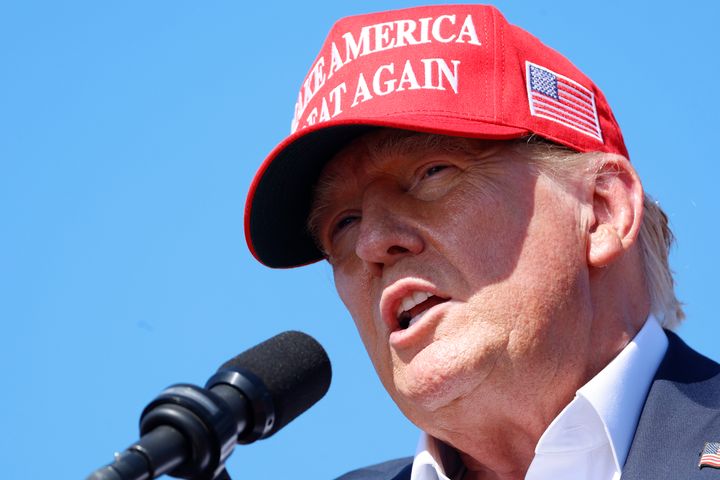President Joe Biden’s new overtime regulation took effect on Monday, making more U.S. workers eligible for extra pay when they work long hours. But it faces an uncertain future due to the looming presidential election as well as legal challenges from employer groups.
The rule raises the overtime “salary threshold” — the number below which a salaried worker is automatically entitled to time-and-a-half pay after working more than 40 hours a week. The Labor Department raised the threshold from $35,568 to $43,888 on July 1 and will hike it further to $58,656 next year.
The higher the threshold, the more workers are eligible for overtime pay. The White House estimates that a million additional workers will receive protections this week, and another 3 million will in 2025 when the threshold goes up again.
“Businesses have filed at least three lawsuits challenging the legitimacy of the overtime rule.”
Julie Su, the acting labor secretary, said in a statement Monday that the reforms will prevent businesses from making employees work excessive hours with no additional pay to show for it — a huge problem in industries like retail, where store managers can work 70 hours a week and receive nothing but their base salary.
“The Biden-Harris administration is giving millions a chance to reclaim their time and share in the economic prosperity that they help create, and we will continue to do good by the people that make this country great,” Su said.
But the big changes might not last.
Businesses have filed at least three lawsuits challenging the legitimacy of the overtime rule. On Friday, a federal judge granted a narrow injunction request, blocking the regulation from taking effect for workers employed by the state of Texas.
But a judge in a different case could grant a more sweeping injunction as early as this week, temporarily blocking it from being applied anywhere in the country. That’s precisely what happened when former President Barack Obama tried to expand overtime protections in 2016, drawing the ire of business lobbies and Republican lawmakers.
Later, then-President Donald Trump let Obama’s regulation die on the vine — something he could do once again if he defeats Biden or another Democratic nominee and takes back the White House this fall. (Trump issued his own regulation to increase the overtime threshold, but it protected vastly fewer workers than Obama’s.)

What’s more, the Biden administration will defend the rule in a legal climate even more hostile to federal regulations than before.
On Friday, the U.S. Supreme Court’s conservative supermajority issued a seismic decision overturning what’s known as Chevron deference, ruling that federal judges should no longer defer to federal agencies’ expertise when they consider disputes.
The ruling makes it much easier for the judiciary to override progressive regulations and much harder for federal agencies to protect consumers, workers and the environment. It fits a long-running pattern in which the court’s conservative bloc has chipped away at the administrative state and bolstered corporate power.
It’s not clear yet what the ruling means for overtime protections. But as attorneys from the employer law firm Littler Mendelson noted on Friday, the Labor Department is one of several workplace agencies that has relied on the principle of deference to issue its regulations, including with regard to overtime.
“These agencies will now face a new landscape in federal court,” the attorneys wrote. “If the agencies are challenged by private people or companies about the meaning of a statute, they can no longer expect to start the case with a leg up.”
Disclaimer: The copyright of this article belongs to the original author. Reposting this article is solely for the purpose of information dissemination and does not constitute any investment advice. If there is any infringement, please contact us immediately. We will make corrections or deletions as necessary. Thank you.
